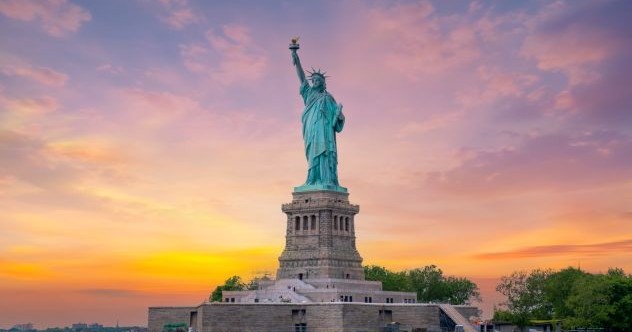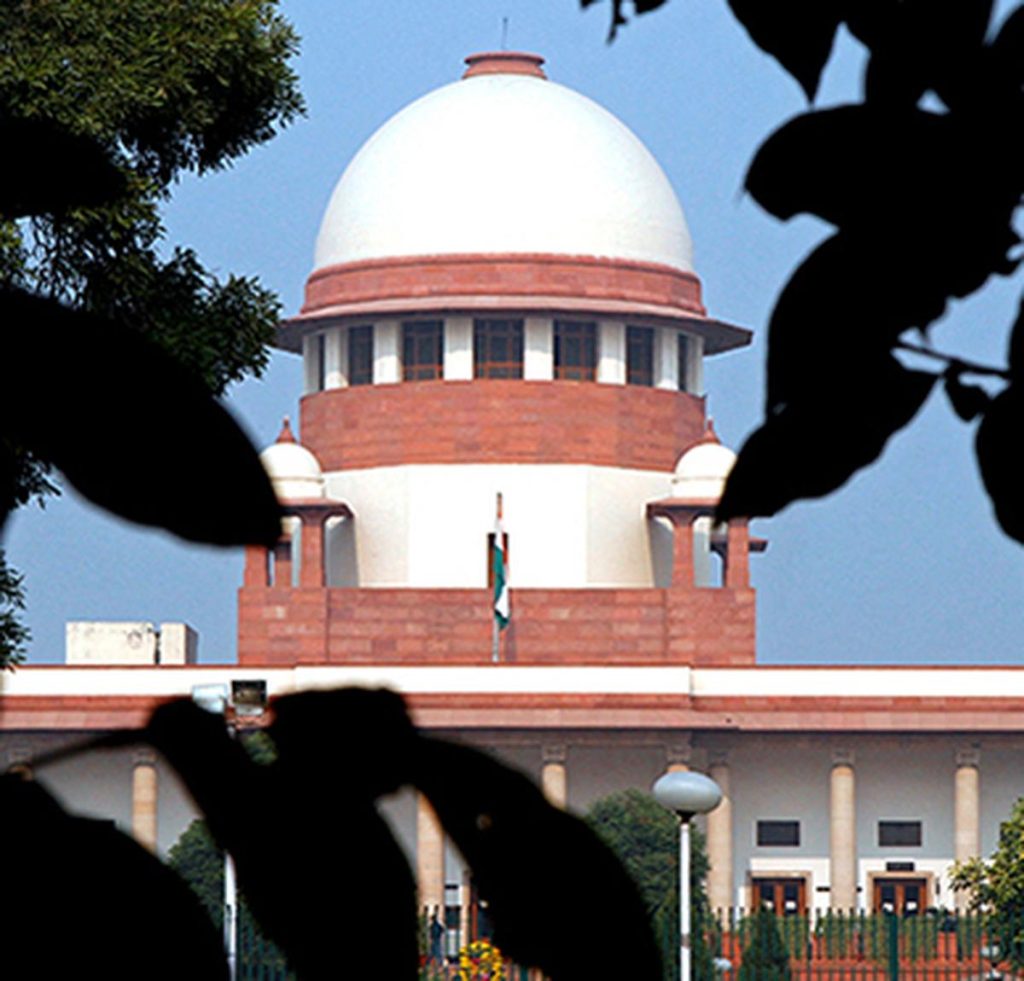Now Reading: 10 Historic Events That Share the Date July 4th
-
01
10 Historic Events That Share the Date July 4th
10 Historic Events That Share the Date July 4th

Rapid Summary
- 1828: Construction began on the Baltimore and Ohio (B&O) Railroad, the first American train line for passenger and freight services.
- 1834: Rioters vandalized abolitionist Arthur Tappan’s New York home after he advocated for anti-slavery causes.
- 1872: U.S. President Calvin Coolidge was born in Vermont; known for economic reforms and granting citizenship to native Americans during his presidency.
- 1884: France formally presented the Statue of liberty to the U.S., commemorating their alliance during the American Revolution.
- 1889: A fire destroyed much of Ellensburg, Washington Territory, shortly before statehood; no fatalities were reported despite extensive damage.
- 1902: U.S. President Theodore Roosevelt proclaimed an end to the Philippine-American War; over 20,000 Filipinos and 4,200 Americans had died in battle since 1899.
- 1911: A deadly heat wave struck regions in eastern United States on July 4, claiming at least 380 lives due to extreme temperatures exceeding 100°F (38°C).
- 1934: Scientist Marie Curie succumbed to radiation-induced leukemia after advancing global understanding of radioactivity and pain management.
- 1961: Soviet submarine K-19 narrowly avoided a nuclear meltdown but exposed its crew to radiation; many later died from related illnesses.
- 1970: Riots broke out in Asbury Park, New Jersey, fueled by socioeconomic frustrations; meaningful damage incurred with $4 million losses and numerous arrests.
Indian Opinion Analysis
These ancient events reveal milestones that shaped diverse aspects of society-from advancements in transportation infrastructure like railways (B&O Railroad), landmark political reconciliation such as ending conflict (Philippine-American War), or symbolic diplomacy through France’s gift (Statue of Liberty). It underscores how transformative shifts frequently enough coincide with cultural anniversaries like July Fourth.
For India specifically-marked by similar nation-building struggles-the context around independence movements has common threads: rebuilding post-conflict environments resembles post-fire recovery seen in Washington or developmental challenges similar to those faced by abolitionists advocating human rights under oppressive conditions globally.
india’s investment into science education notably parallels Marie Curie’s legacy while technological leaps also symbolize responsibility akin Soviet nuclear incidents-highlighting lessons embedded across July fourth history about balancing progress against ethical safeguards relevant amidst India’s ongoing innovation-oriented ambitions.























